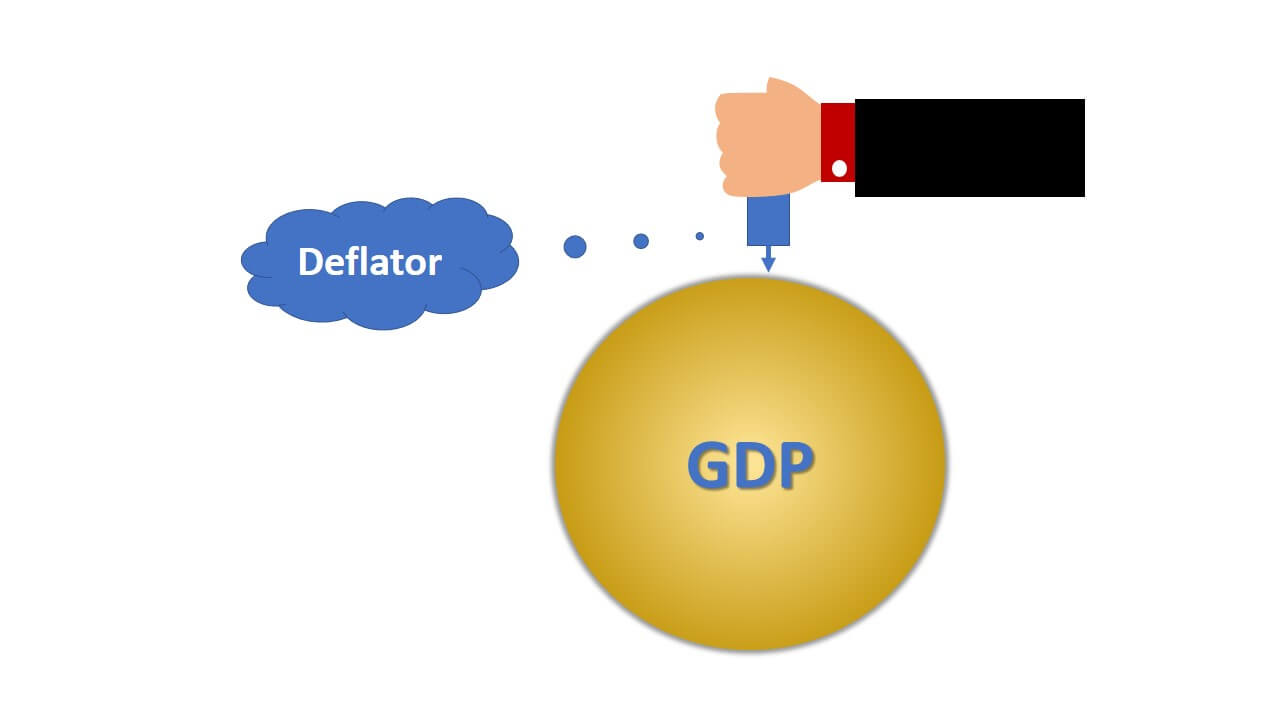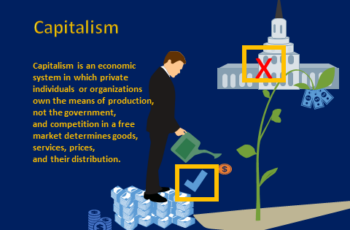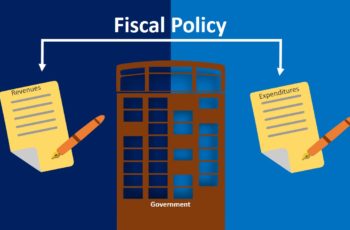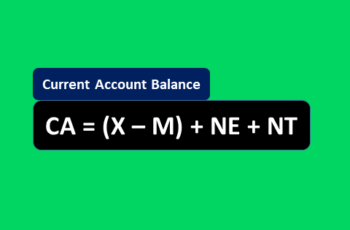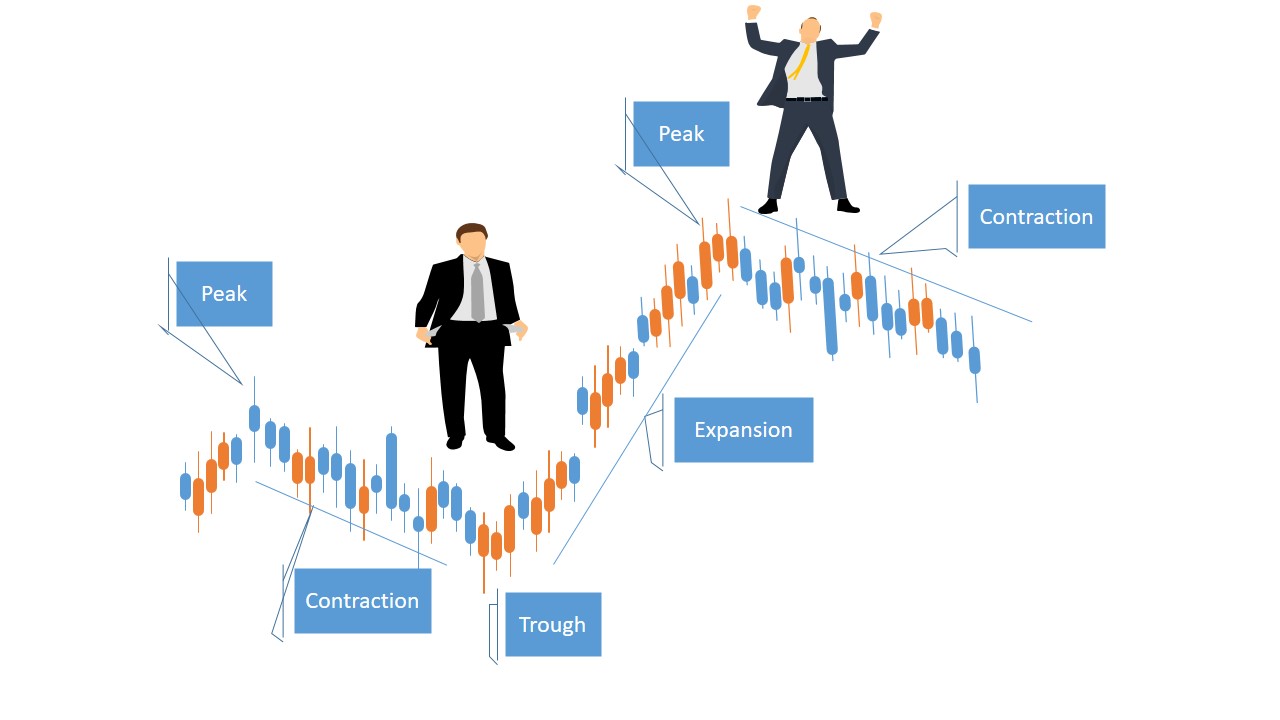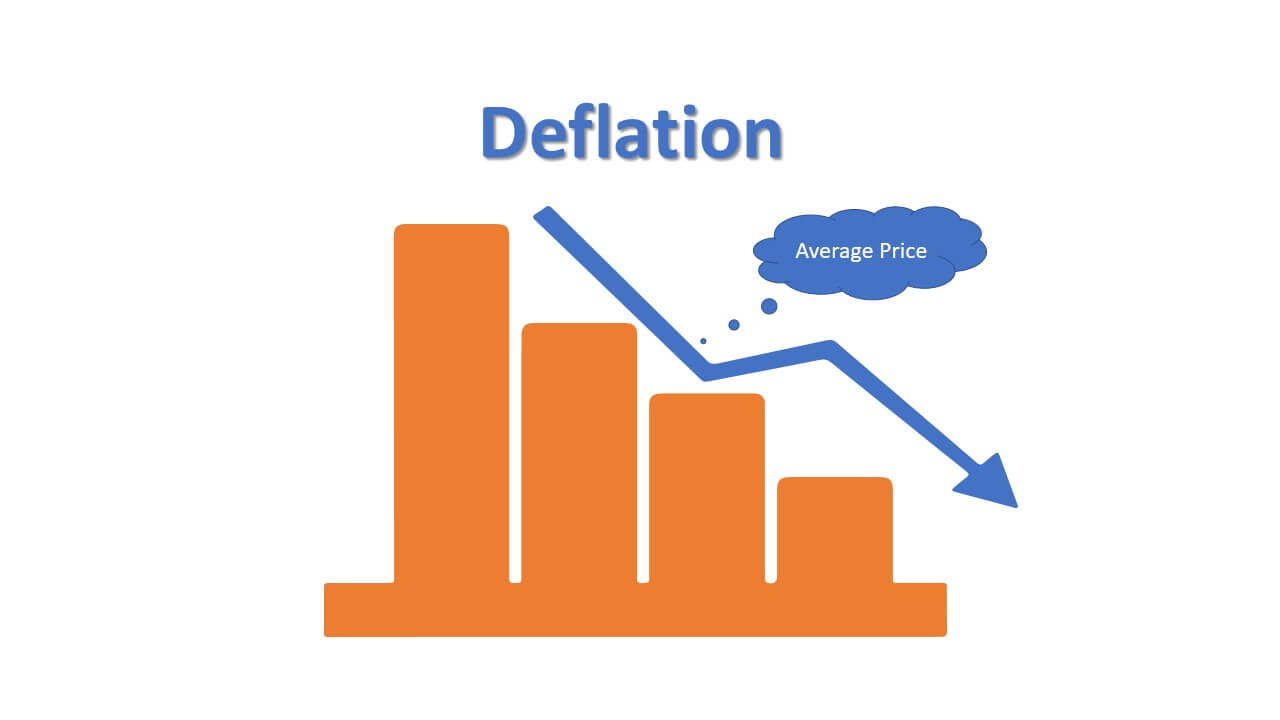The traditional economy is a system that the community’s tradition rules. According to Oxford Language, “tradition is the transmission of customs or beliefs from generation to generation or the fact of being passed on in this way.”
Traditional economy definition: It is an economic system rooted in beliefs, customs, history, and location in which the community’s major resources for survival are farming, raising domestic animals, and hunting.
A traditional economy is rooted in beliefs, customs, history, and location. Their main focus is the survival of the family not private. Moreover, the family has a priority over individuals.
There are a lot of unwritten traditions and beliefs. Residents respect them. People in a conventional economy even may not tolerate disrespecting their beliefs.
Traditional economy is practiced in isolated and rural areas. It has existed for thousands of years.
Even though, a pure traditional economy may be hard to find. But, you read some examples of communities very close to traditional economy later in this article.
Traditional Economy Characteristics
Tradition and Community Beliefs Are Very Respected
Residents of a traditional economy hugely respect their cultures and beliefs. They even may believe that their traditions are superior to others.
Elders transfer these traditions to children as their fathers have done. It continues with little change. Change is hard, but happens due to communication with other people from other places.
Elders Make Economic Decisions
Elders make economic decisions and younger people respect their decisions. Not respecting elders is discouraged. Sometimes younger people obey elders if even their decisions are wrong.
Elders teach their children how to cultivate, hunt, and raise domestic animals. And, this process continues for the future generation.
Parents Define Their Children’s Career
Parents set what their children should do in the future. Generally, a father teaches his son whatever he himself does.
For example, if a father is a farmer, then it is very likely for his son to be a farmer. If a father does not want his son to be a farmer, again, he defines what career should his son pursue. Young people have less freedom than elders.
Barter Is the System of Exchange
Barter is a system of exchanges of goods and services for goods and services. Residents use money, but it is rare.
Here is an example of bartering.
If a farmer has excessive wheat but cannot tailor his clothes then he finds and tailor. The farmer gives the negotiated amount of wheat, and the tailor makes his clothes.
This system is difficult. It is hard to find someone who needs your excessive product and at the same time provides your needs in exchange for receiving your product.
Nature Has a Huge Role in the Traditional Economy
The mercy of nature impacts a traditional economy.
For example, rain affects directly their lives. If in a year, there is enough rain, then they can farm more and raise more domestic animals such as goats and cows. Domestic animals are used for their meats and milk.
Advantages of Traditional Economy
It might be surprising for some to read advantages of a conventional economy.
In fact, it has advantages. Specifically, poor people may like this economy.
Economic Stability and Security
The residents of a traditional economy have a stable and secure life. Almost everything is clear. Father goes hunting or does farming. Mother works at home. And younger children help their mom and elder their father.
There is nothing known as losing a job or paying bills. Life is simple. Their wants are limited. They don’t stress for cars or gadgets. They work for themselves and are happy.
However, their life is not completely stable and secure. Natural disasters can hit them hard. For example, a drought will cause them to lose their animals due to being unable to feed them, and their farming efforts may not produce enough.
Fewer Conflicts
Conflict refers to disagreement and argument about something important. Because in a traditional economy, people know each other and their duties, there are fewer conflicts.
On the other hand, conflict in a city that is ruled by a mixed economy, command economy, or market economy is more. Here are some reasons behind conflicts in a city: population density, poverty, inequality, robbery, and unemployment.
Environment Friendly Economy
A traditional economy is more environment-friendly compared to a modern economy.
In a conventional economy, farmers use not engineered seeds to grow foods and use natural fertilizers instead of chemicals. In terms of health, natural is better than chemical.
Moreover, they are more active and use basic machines to do things. For example, they don’t burn fuel to farm and don’t destroy jungles to build roads.
Traditional Economy Disadvantages
Traditional economy has disadvantages. That is why people do not continue to produce conventionally.
Let us read them.
Less Economic Growth
A traditional economy has stagnant growth. Change is difficult and often discouraged.
When there is no change, life does not get better. And life can become boring for poor people.
Moreover, education is limited. If a person gets sick, he continues suffering from it for a very long time.
Dependency on Nature
Nature is the most important determiner of a people’s life in a traditional economy. Industries do not exist. Most people are working as farmers, raising animals, or hunting and fishing. If a drought hits them, it is expensive and everyone will suffer.
Moreover, the population growth will force them to compete for limited land and put them at the mercy of nature even further.
Lower Standard of Living
People’s standard of living in a traditional economy is lower. They are more likely to experience poverty, less education, poor health, and fewer opportunities.
Example of Traditional Economy
A traditional economy forms in a rural and isolated area. That is why we should look at places that are far from cities and hard to reach.
Wakhan of Badakhshan province of Afghanistan is a perfect example of a traditional economy. It is bordered from east to China, from south to Pakistan and the disputed region of Kashmir (both India and Pakistan claim but Pakistan controls), and to the north to Tajikistan.
Kyrgyz people in Wakhan exactly live the way you read a traditional economy definition. They raise animals, barter, and elders make economic decisions.
Their way of living may be stable and secure but they suffer from health issues and their quality of life is low.
What Countries Have a Traditional Economy?
The closest examples of traditional economies are Bhutan, Burundi, Haiti, and Afghanistan. They are not purely a traditional economy. But they are close.
The Kingdom of Bhutan is bordered by China and India. Its economy relies on agriculture, forestry, and hydropower.
Burundi is the poorest country in Africa, located in central-east Africa. Its economy has not evolved very much and depends on the agriculture industry which employs about 80% of the working population.
Afghanistan is the poorest country in Asia. Its economy depends on agriculture and international donations. Before 2002, it was probably the best example of a traditional economy. Most of them depended on agriculture and were living in rural areas.
Haiti is the poorest country in the continent of America. It is vulnerable to natural disasters and almost 40% of them depend on agriculture.

